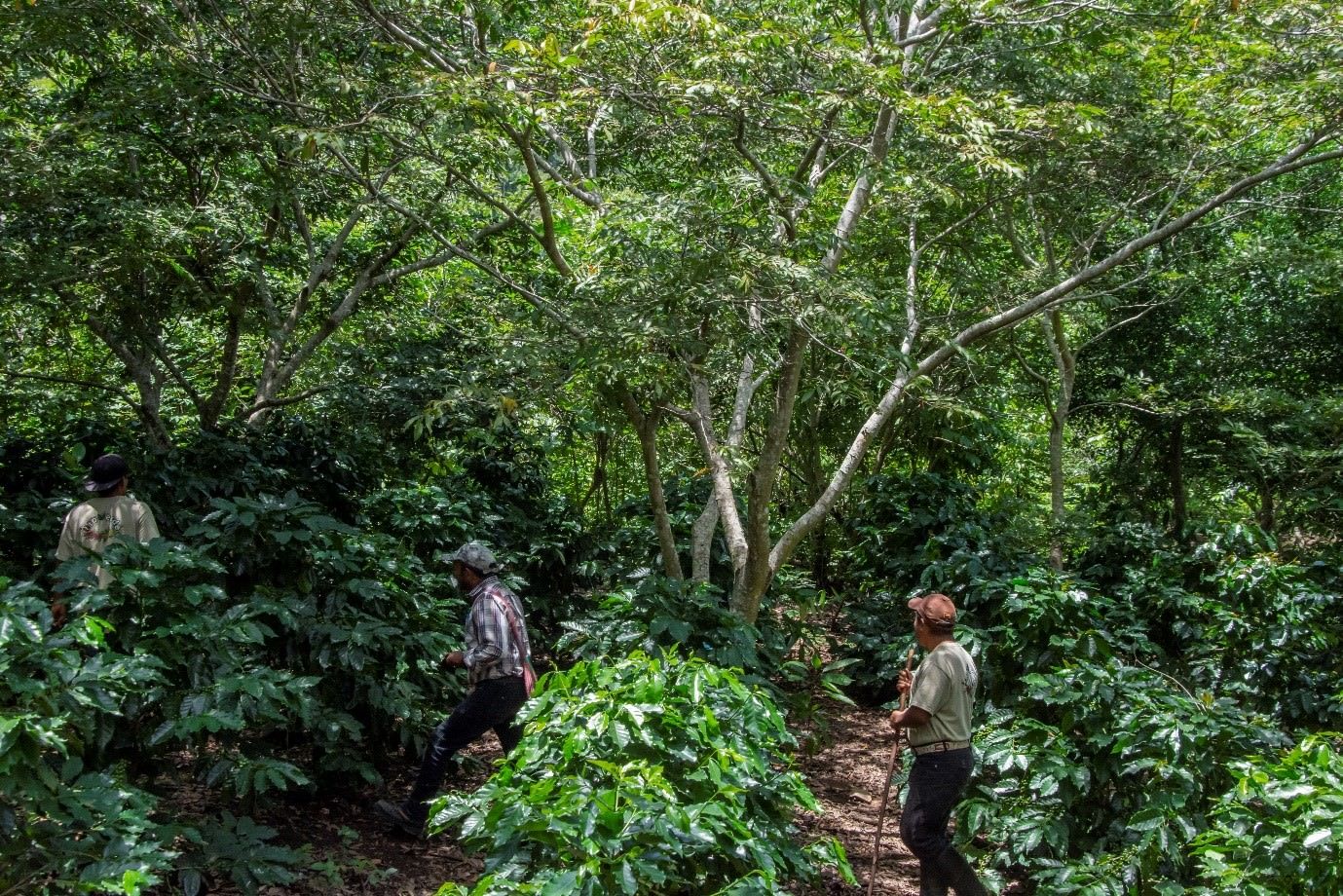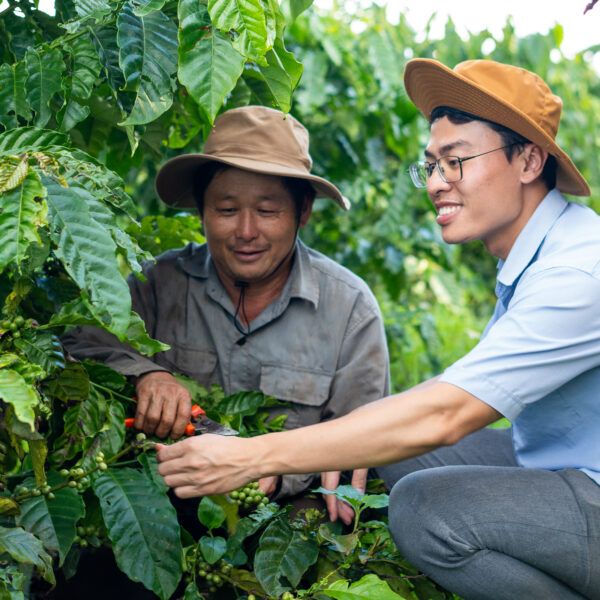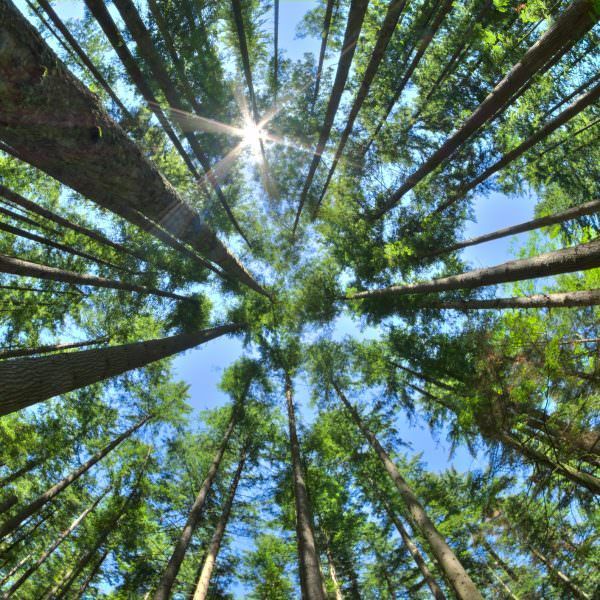Time is running out to solve the complex environmental and socio-economic challenges facing our planet. No company, organization, or community can tackle these issues alone, and they extend beyond individual farms and forests. To broaden our scope, we have co-created LandScale, a new tool used to assess and communicate sustainability at a landscape-level.
LandScale offers a standard, holistic approach to measure progress and communicate your company’s impact in a given landscape. As a result, you’ll be equipped with credible claims that better communicate impact on people and nature in the landscapes from which your company sources ingredients. Furthermore, your company’s ability to reliably communicate this progress can guide and incentivize sustainability improvements on a large scale.
Assessment, verification, and reporting
LandScale can help your company gain critical insights, make more informed decisions, and share credible impact stories on a landscape level. This can be useful for your company when your claims lead to more investment and support for your work. Or, when you need to garner cross-sectoral action and shared responsibility for landscape improvements. LandScale includes three main components: an assessment framework, verification mechanism, and reporting platform.
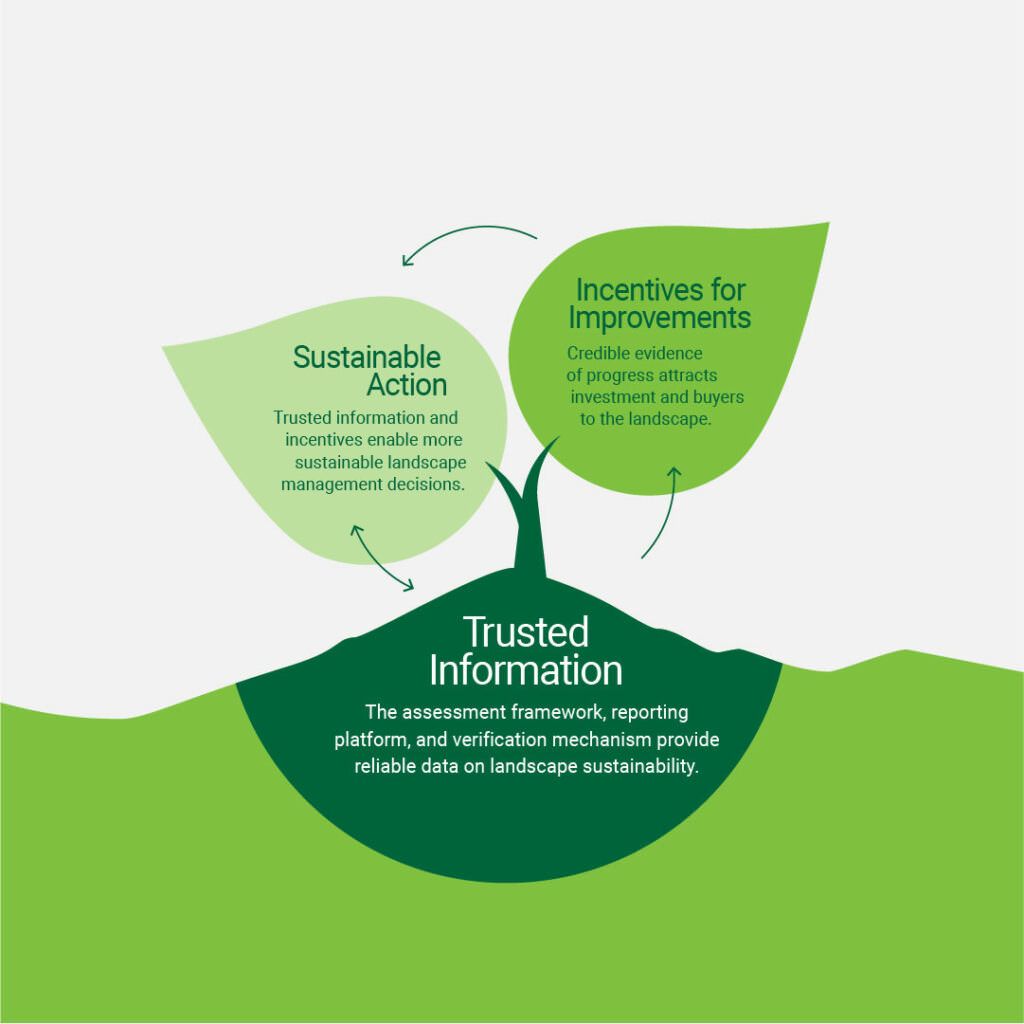
The first step to using LandScale is to tailor the assessment framework to the landscape. The tool also offers guidance for conducting this assessment, including direction on defining the landscape’s boundary, selecting relevant indicators and performance metrics (for example, soil health, workers’ rights, or land conflicts), collecting data, and reporting results.
After completing an assessment, partners can communicate the results to key stakeholders. One way to do this is via the online reporting platform, available starting mid-2021. The platform facilitates the assessment process and publicizes results to decision-makers such as buyers, investors, and governments.
The tool also provides a verification mechanism. This enables credible and transparent claims about the sustainability progress of a landscape, and your company’s role in that progress.
LandScale pilot with Olam International
The power of LandScale is best illustrated through one of their current pilot programs. Olam International is working with the Rainforest Alliance in Mexico as part of the Alliance for Sustainable Landscapes and Markets, funded by USAID. The project aims to conserve biodiversity and provide better farmer livelihoods in the biological corridor of the “La Frailescana” region of Chiapas. Perhaps the most unique aspect of this multi-stakeholder initiative is the approach to assessing and evidencing sustainability impact on the entire Chiapas landscape, using LandScale.
Working to restore landscapes and protect livelihoods
Chiapas is one of Mexico’s key coffee growing regions, producing over 41 percent of the nation’s coffee. It supports the livelihoods of over 100,000 families. However, the impacts of climate change and farming methods in the region are reducing the suitability of growing areas. Productivity suffers as a result. This is where the risk lies: the coffee growers that are unable to adapt are more likely to move their farms to higher elevation where the protected areas and most diverse ecosystems are located. Added to this pressure is the current trend of warmer, drier weather patterns combined with agricultural expansion, all of which lead to more uncontrolled fires. The resulting deforestation and land degradation pose a significant threat to ecosystems, productive landscapes, and the local population’s wellbeing.
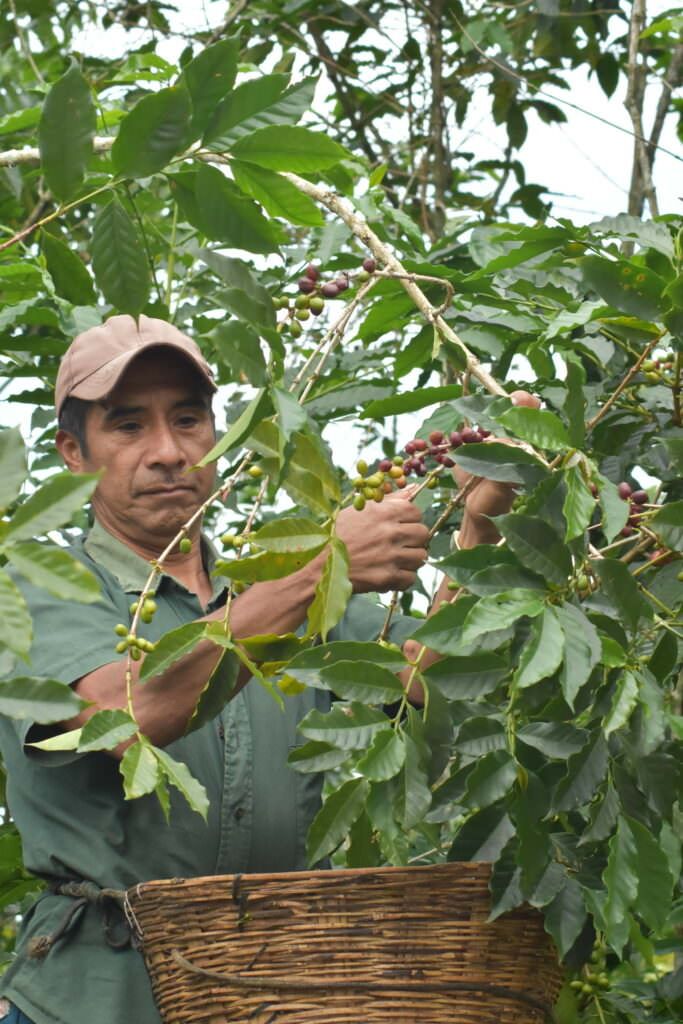
Olam’s field staff have worked alongside coffee farmers in the region for over seven years, providing coffee seedlings and productivity assistance, tackling the fungal disease leaf rust, and reviving farms that may otherwise have been abandoned. Launched in 2018, this landscape partnership with the Rainforest Alliance is an opportunity to scale up these efforts and equip 800 farmers with the resources and skills they need to mitigate climate change. These efforts will also increase their productivity, quality, and access to the market.
We’re working to restore degraded agricultural land by promoting agroforestry practices. This primarily involves re-establishing vegetation cover with coffee seedlings and native forest trees. By supporting farmers to enjoy a profitable and more sustainable coffee business, we engage them in environmental stewardship and remove the incentive to encroach into natural protected areas. In this way, we hope to positively transform landscapes into places where people and nature can thrive in harmony.
A framework for alignment and clarity
We need to be able to assess and determine the impact of our interventions in Chiapas at landscape level. LandScale provides the right framework to measure and monitor the net increase of productive areas, from agroforestry and restoration of degraded over-grazed land into coffee production. It also helps align the interests of all partners involved. That includes government agencies, who are often not directly involved in restoration activities, but share the mutual objective of halting habitat destruction from uncontrolled fires.
The ability to track, verify, and report on landscape-level improvements under this partnership using the LandScale tool—and credibly share the sustainability benefits to Olam’s AtSource Infinity customers, USAID, and other key stakeholders—will strengthen participation and support for the project. It will also unlock further opportunities to scale up these agroforestry efforts.
Early results of the project
The Chiapas project has distributed half a million coffee saplings so far, to replace old stock. Combined with the climate-smart agronomic training, this project has already increased the yields of 200 coffee farmers by 60 percent on average.
Under the project’s focused restoration efforts, more than 300,000 forest trees have been planted. By 2023, their target is to plant 800,000 trees and to restore and protect 5,000 hectares in and around La Sepultura and Frailescana natural protected areas. This contributes to Mexico’s goal of zero deforestation and a 30 percent reduction of CO2 emissions by 2030. These efforts complement the federal and state agencies’ collaborative actions to help eradicate uncontrolled fires in this landscape and region.
We’re proud to work with companies like Olam to create solutions to assess and communicate sustainability on a landscape-level. Do you think LandScale could help your company? Visit www.landscale.org to sign up for the mailing list and stay up to date on the latest developments ahead of the full launch later this year.
Photo credit: Olam International
